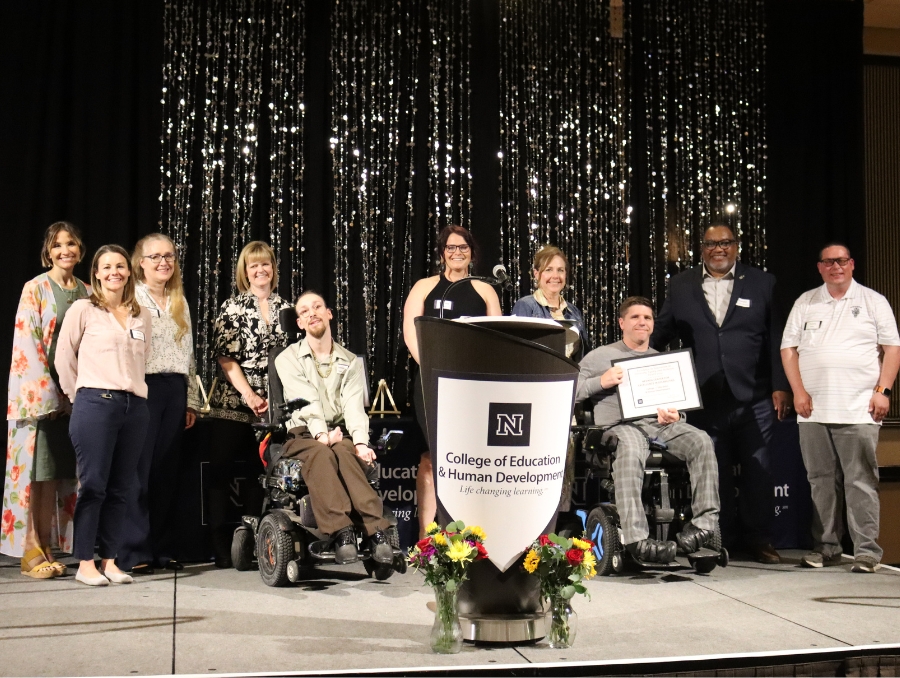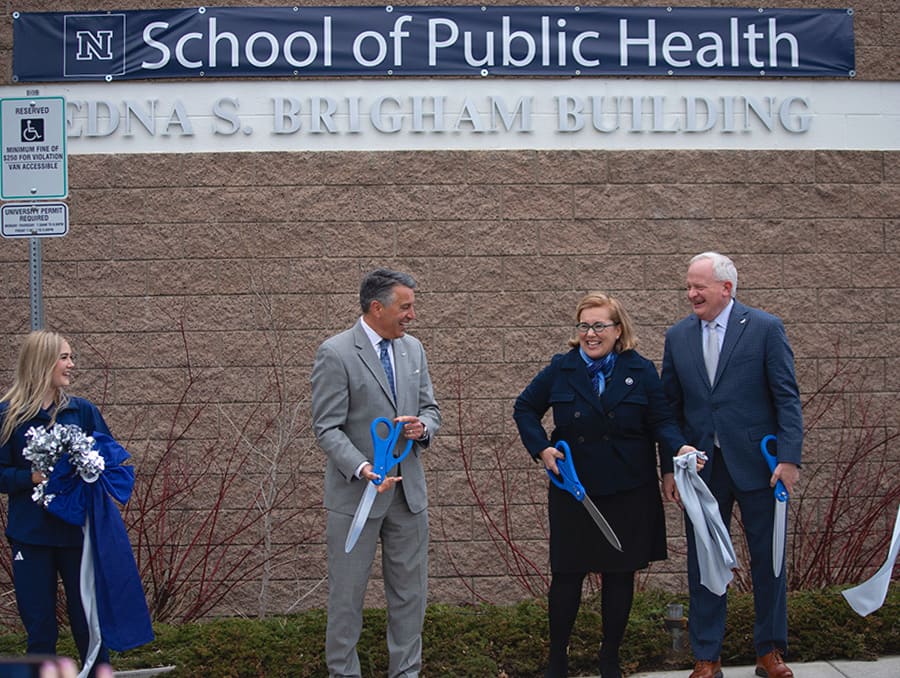An innovative process for combining cyanobacteria and E. coli to produce inexpensive biofuel earned the University of Nevada, Reno International Genetically Engineered Machine student team a gold medal at the America's iGEM competition in Indianapolis in October.
"We're extremely proud of our iGEM team," Ron Pardini, dean of the College of Agriculture, Biotechnology and Natural Resources, said. "Their continued success demonstrates the synergy between our faculty advisors and our remarkable students with their dedication and creativity. This is a prime example of the world-class caliber of our undergraduate research programs."
The 21 team members spent their summer in the lab and in front of computers, designing equipment, preparing presentations and exploring and sequencing genetic codes to prepare for the annual synthetic biology competition against other top schools around the country. Synthetic biology is an area of biological research that combines science and engineering in order to design and build novel biological functions and systems. A genetically engineered machine is the modification of living materials for new applications.
"This a new way of making biofuels," Megan Tabor, biotechnology major, said. "We wanted to create a self-sustaining system using a photosynthetic bacterium to feed E. coli."
The project focused on finding a method for lower production costs in biofuel-producing E. coli.
"Since 30 to 40 percent of the expense of growing E. coli comes from its nutrient requirements, the goal was to modify a photosynthetic bacterium, cyanobacteria, with the genes necessary to produce glucose," Christie Howard, one of the faculty advisors for the team, said. "Glucose would then be fed to the biofuel-producing E. coli."
In the four months of the project, the team had several notable accomplishments:
- Genetic engineering of E. coli to produce both ethanol and medium-chain fatty acids (a precursor to biodiesel),
- Partially completing the genetic engineering of cyanobacteria for glucose production,
- Partial development of an E. coli-cyanobacteria compatible media, and
- Creating a prototype co-cultivation apparatus for growing the two organisms together.
The co-culturing apparatus was custom built by the mechanical engineering member of the team. It includes two growth chambers, one for cyanobacteria and one for E. coli, a light source, electronic controls and transfer pump.
Out of 64 teams entered, the Nevada team was one of 22 to win a gold medal. The majority of team members are in the Biochemistry and Molecular Biology Department, while others are in the Biotechnology, Neuroscience and Mechanical Engineering Department. Other faculty advisors are David Shintani and Patricia Ellison.
The iGEM Nevada 2011 team is one of 168 teams of biochemistry, molecular biology and engineering undergraduate teams competing to design and build simple biological systems that may lead to important advances in medicine, energy and the environment. In 2009, the Nevada iGEM team received a bronze medal for their project to create an environmentally friendly pesticide to target mosquitoes that spread malaria. In 2010, the team won a silver medal for creating a biosensor in plants to produce red fluorescence that let farmers know when the crop plants are cold stressed.
IGEM Team:Nevada members from Biochemistry and Molecular Biology are: Elaine Bersaba; Samuel Dugan; Jovanna Casas; Lauren Thomas; Dafne Ordonez; Bryson A. Wheeler; Casey Lear; Vadim Gladwill; Dru Nelson; David R. Koehn; Destiny Raikas; Marguerite Christian; Ronald Truong; Matt Clifford; Chris Clifford and Majid Beheshtian. And from Neuroscience, Jen Minor; from Biotechnology Megan Tabor and Laura Bond; from Mechanical Engineering Matt Bowden and Matthew Hoff.











